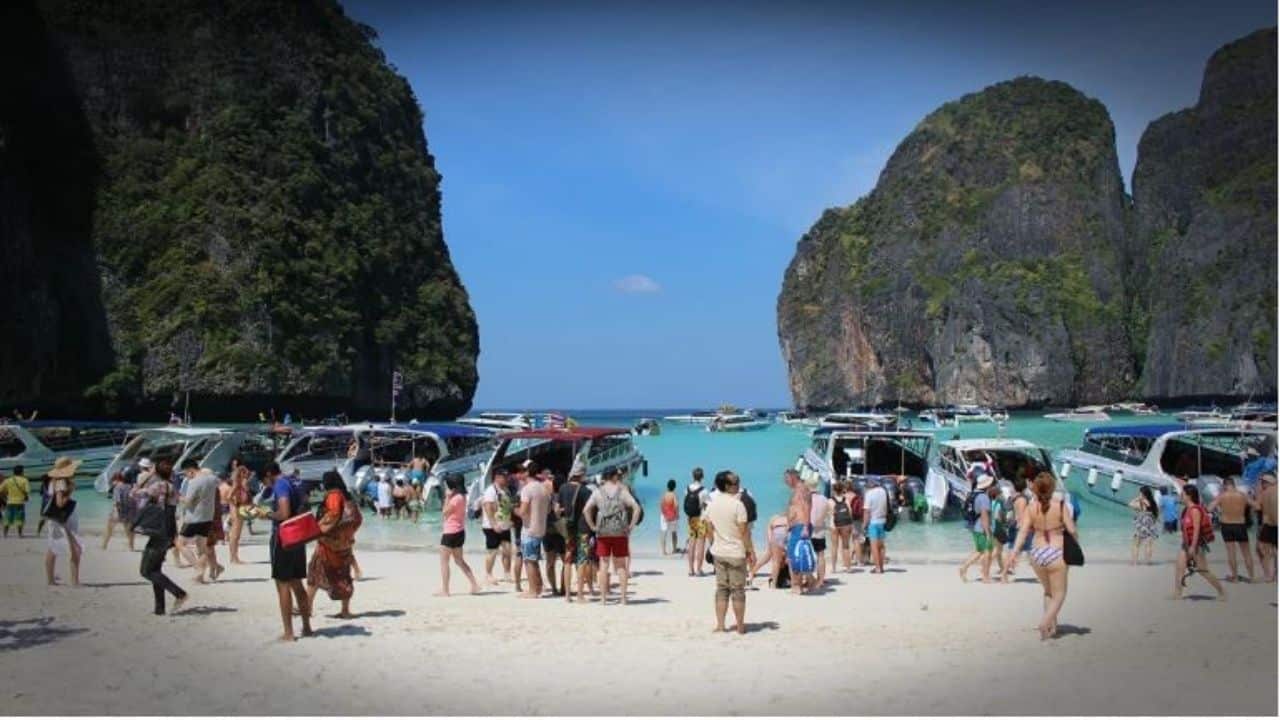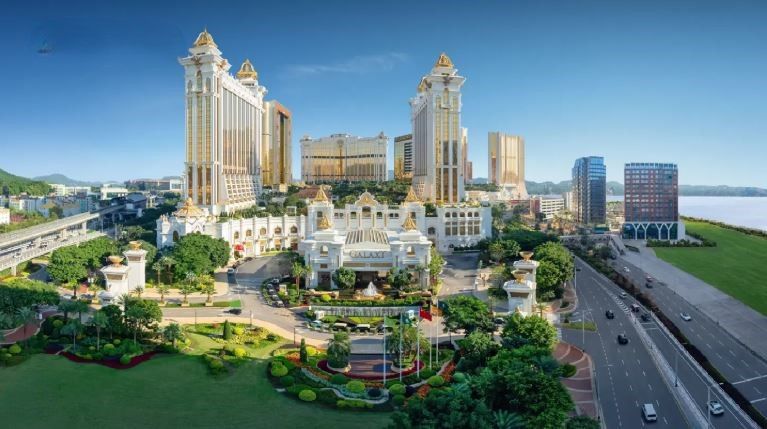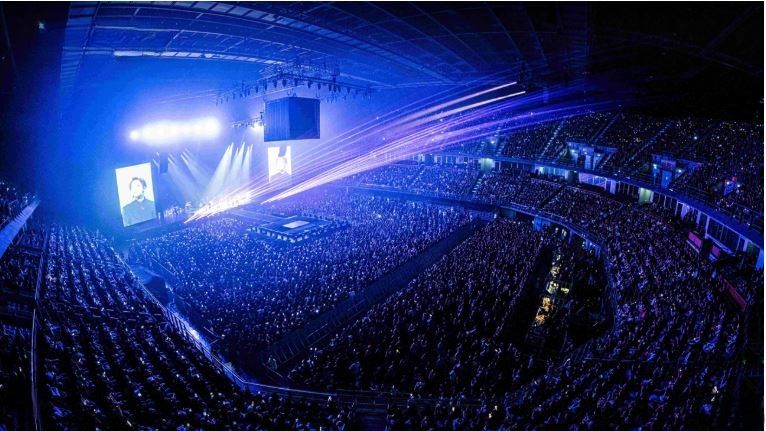Thailand told to aim bigger as tourism rivals surge ahead
Calls grow for bold strategy shift to boost future visitor numbers

Thailand has been urged to set its sights higher, with tourism giant Galaxy Resorts Thailand encouraging the kingdom to target 45 to 60 million international visitors annually between 2030 and 2035.
Kevin Clayton, chief brand officer of Galaxy Resorts, said that while Thailand remains a regional favourite, it risks falling behind unless it adapts to fast-changing global tourism trends.
“With its central location in the Asia-Pacific, Thailand is well-placed to attract tens of millions more tourists if it adopts the right strategy.”

Tourism and Sports Minister Artthakorn Sirilatthayakorn recently admitted that Thailand no longer holds the title of a “tourism giant,” calling for stakeholders to rethink their approach. This year, Thailand expects around 33 million foreign visitors—still shy of its pre-Covid peak in 2019.
Clayton believes the path forward involves far more than beaches, street food and temples.
“We need a future-focused mindset that includes safe travel, seamless access, smart digital marketing, and truly unique experiences.”
He stressed that cooperation between the public and private sectors is crucial to making this happen.
While the government has shelved plans for a legalised entertainment complex, Galaxy Resorts remains optimistic. Clayton pointed to integrated resorts, complete with hotels, venues and shopping, as a game-changing model already embraced by Japan, Singapore, and the Philippines.
Global entertainment tourism is projected to hit US$267 billion (around 9.9 trillion baht) by 2030, with Thailand needing to keep pace.

He also called for the development of man-made attractions and high-profile events. Citing a recent example, he noted the success of Jackson Wang’s Magicman 2 World Tour, which packed out Bangkok’s Impact Arena with over 24,000 fans.
“Thailand can absolutely be a leader in entertainment tourism.”
Galaxy Resorts also supports Wang’s concerts at Galaxy Arena in Macau, part of a mega-resort boasting nine hotels and over 5,000 rooms. Around 16% of its revenue comes from non-gaming activities—proof, Clayton says, that entertainment pays, reported Bangkok Post.

As for Thailand’s controversial 300-baht tourism tax, Clayton advised caution.
“Other destinations charge similar fees, but the key is how it’s collected and how that money is used.”
He said that funds should clearly benefit tourists through insurance and improved infrastructure.
Latest Thailand News
Follow The Thaiger on Google News:


























